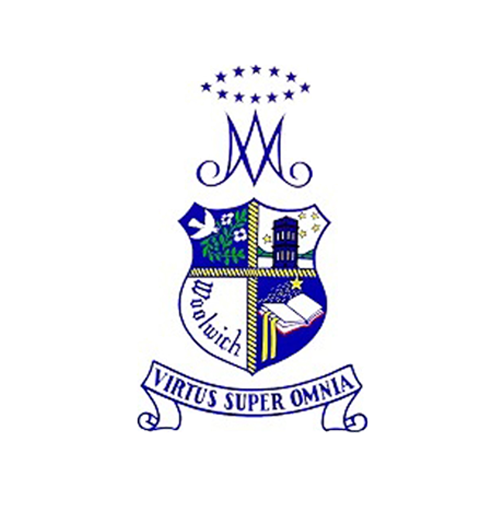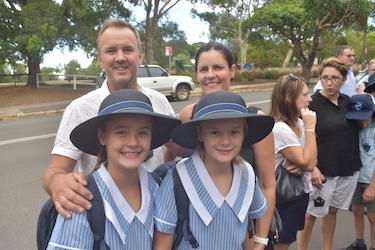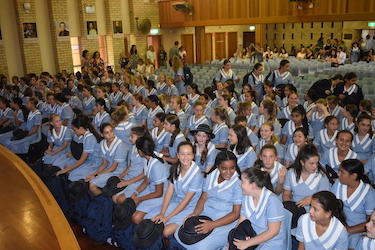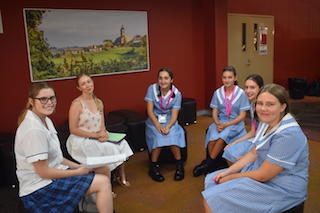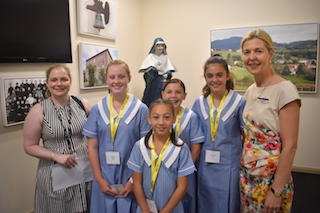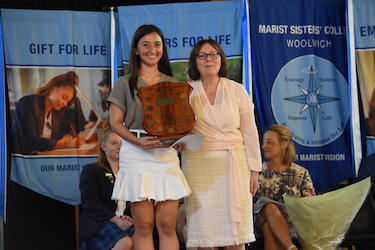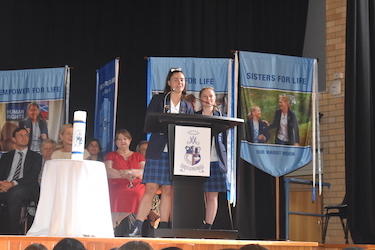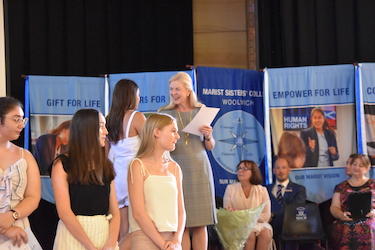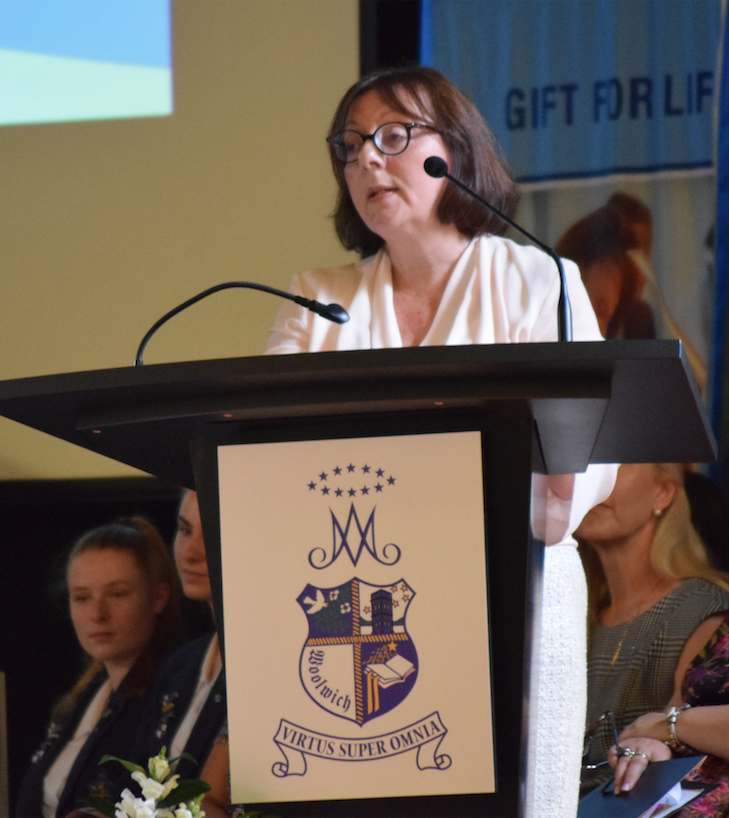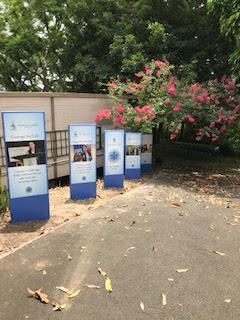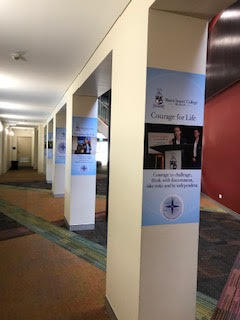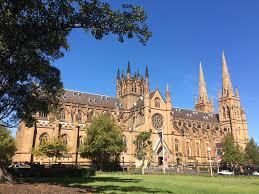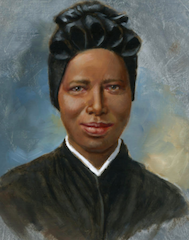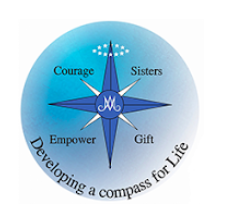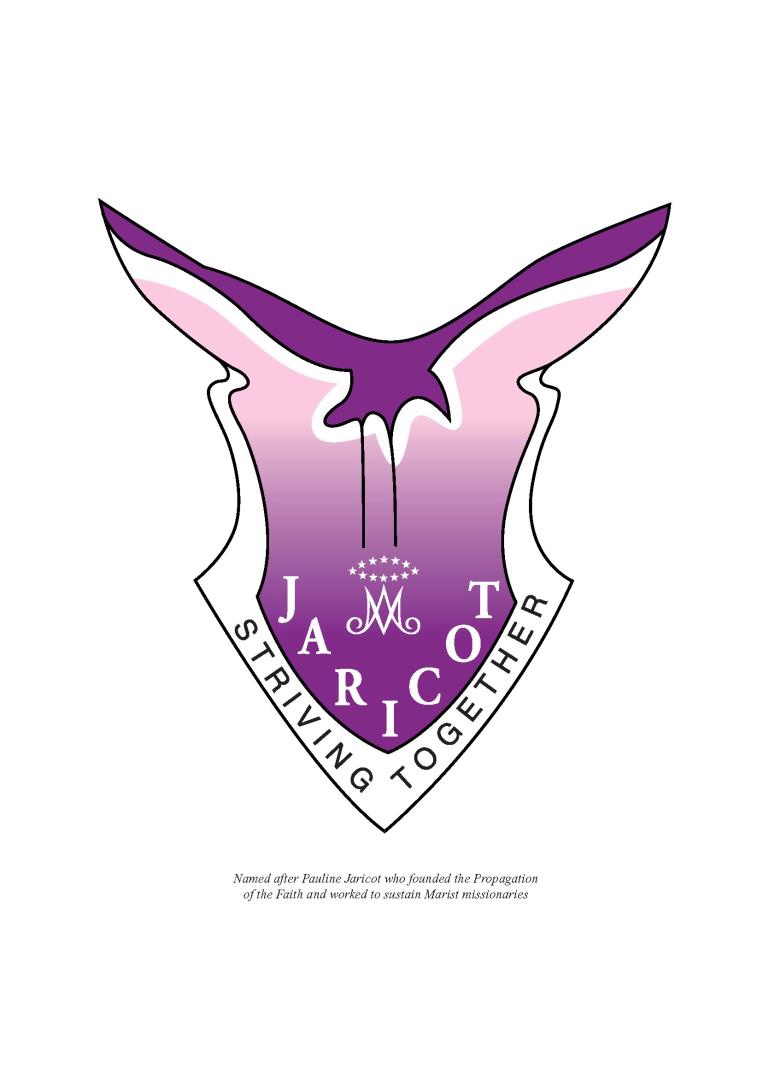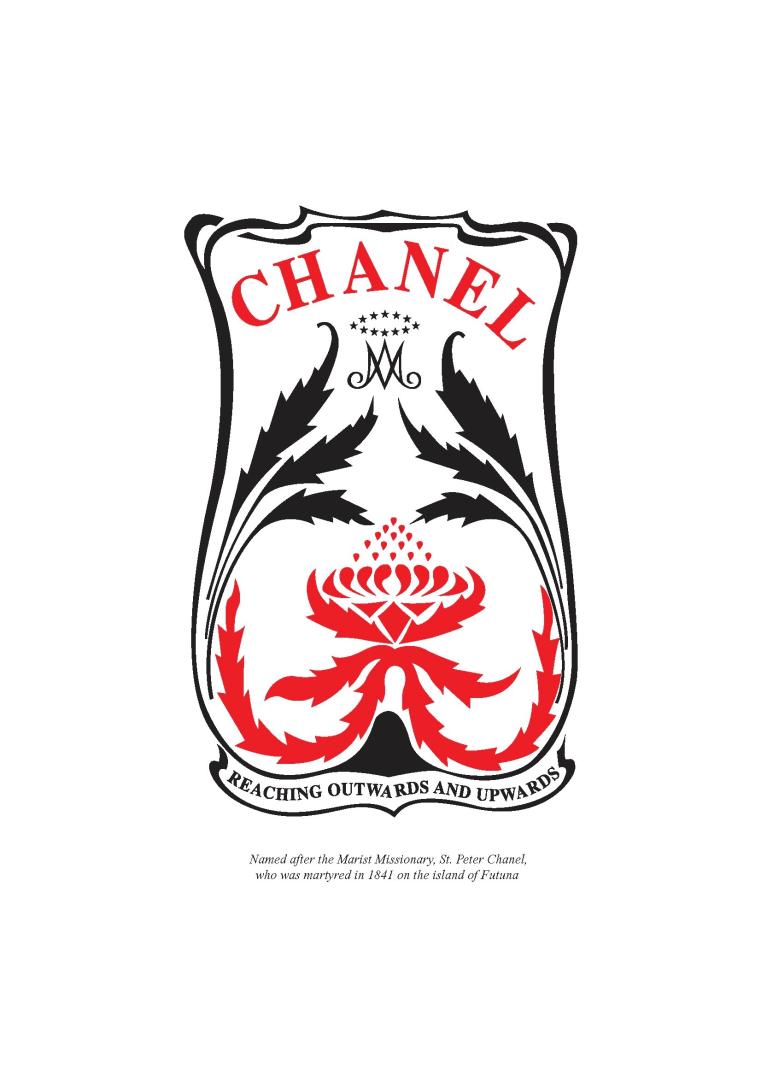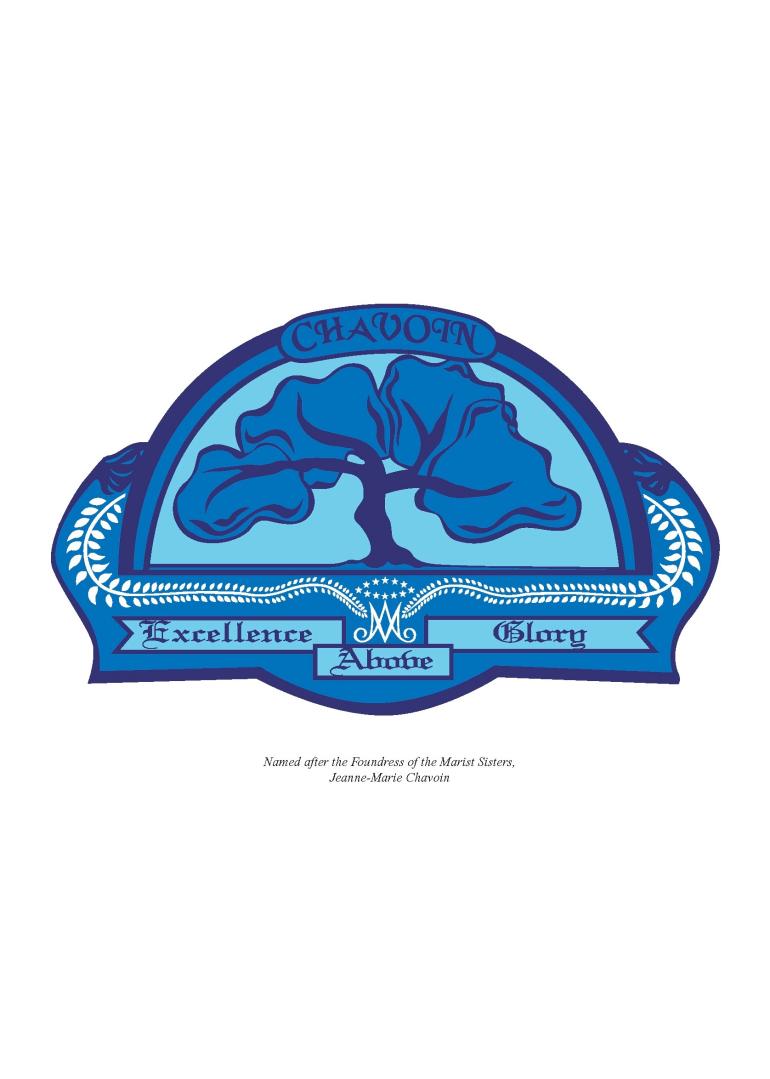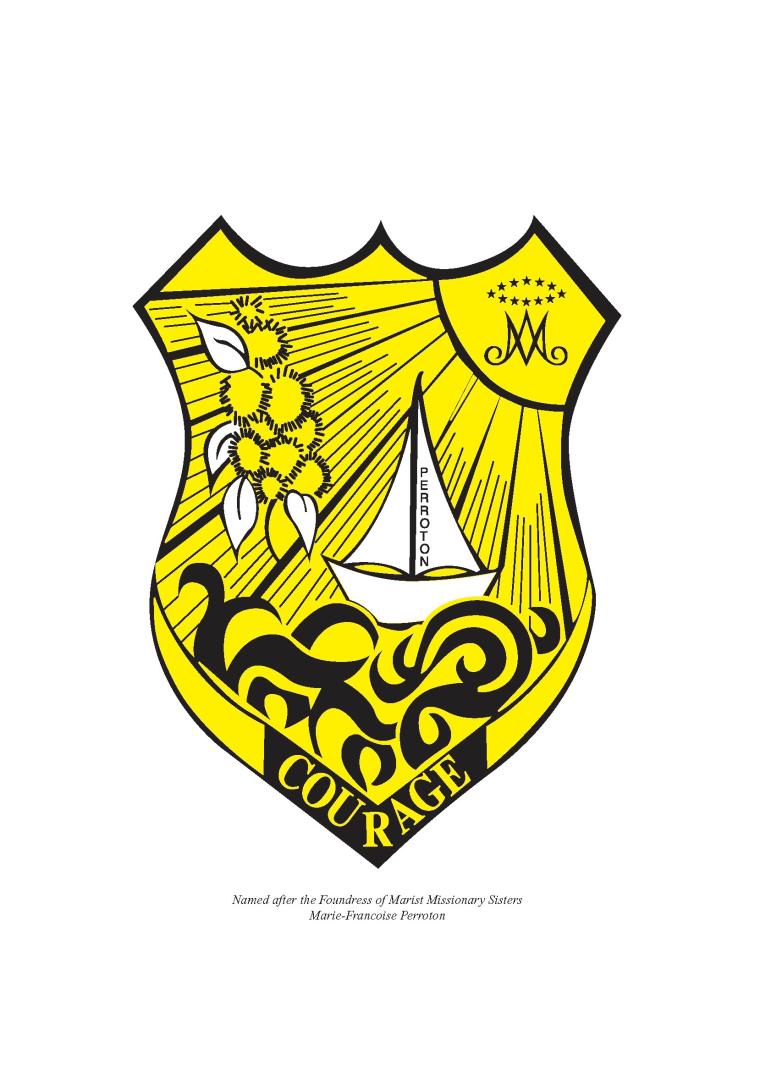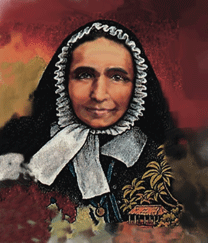Today we celebrate and remember the life and mission of St Josephine Bakhita, Patron Saint of victims of modern slavery and human trafficking and also Patron Saint of Sudan. Pope Francis has requested Catholic communities worldwide join him in commemorating St Bakhita’s Day on 8 February 2019, the Catholic Anti-Slavery Day.
Pope Francis stated to Participants in the Plenary Session, Pontifical Academy of Social Sciences Saturday, 18 April 2015, “...These new forms of slavery – human trafficking, forced labour, prostitution, organ trade – are very serious crimes, a wound on the body of contemporary humanity. The whole of society is called to grow in this awareness, especially with regard to national and international legislation, in order to prosecute the traffickers and redirect their unjust gains to the rehabilitation of victims.”
Worldwide there is an estimated 40 million victims of these modern forms of slavery that include forced labour, sexual exploitation, domestic servitude, forced criminality and organ harvesting. Modern slavery now ranks as the second most profitable worldwide criminal enterprise. Modern slavery is believed to have effects in every country of the world including here in Australia. The eradication of modern slavery has been a priority of the Catholic Church for some time and the Holy Father believes this can be achieved within this generation.
About St Josephine
Below is a brief biography of St Josephine’s life:
“St Josephine Bakhita, also known as ‘Mother Moretta’ (our Black Mother) bore 144 physical scars throughout her life which were received after she was kidnapped at the age of nine and sold into slavery. Such was the trauma experienced that she forgot her birth name and her kidnappers gave her the name Bakhita meaning ‘fortunate’. She experienced the moral and physical humiliations associated with slavery.
In 1882 her suffering was alleviated after she was bought for the Italian Consul. With Italian families Bakhita received kindness, respect, peace and joy.
A change in the family’s circumstances meant that she was entrusted to the Canossian Sisters of the Institute of the Catechumens in Venice. It was there that Bakhita came to know about God whom, ‘she had experienced in her heart without knowing who He was’ since she was a child. She was received into the Catholic Church in 1890, joining the sisters and making final profession in 1896.
The next fifty years of her life were spent witnessing to God’s love through cooking, sewing, embroidery and attending to the door. When she was on door duty, she would gently lay her hands on the heads of the children who attended the nearby school and caress them. Her voice was pleasing to the little ones, comforting to the poor and suffering. Bakhita was a source of encouragement to many and her constant smile won people’s hearts.
Surrounded by the sisters, she died on 8 February 1947.”
Source: http://www.catholic-ew.org.uk/Home/Featured/Features-2018/St-Josephine-Bakhita-Day/St-Josephine-Bakhita3
